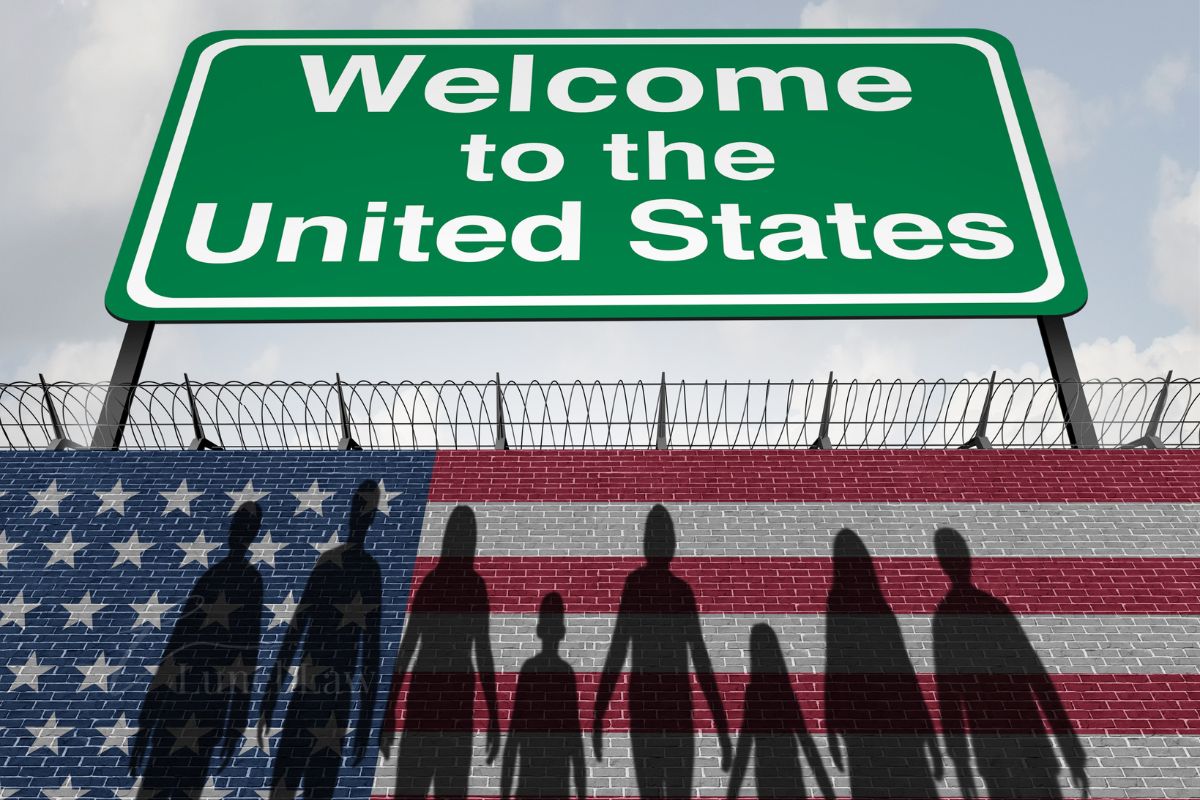In a historic bipartisan move, four Republican and four Democratic U.S. senators, collectively known as the “Gang of Eight” proposed a comprehensive immigration reform bill. Though introduced in 2013, its framework continues to influence immigration policy discussions and offers a valuable lens into the evolution of U.S. immigration law.
At Lunel Law, we believe in helping immigrants and families understand not only current immigration processes but also the legislative trends that shape the future. Here’s a breakdown of the five key components of the bill and what they mean.
1. Ending Deportation Threats Within Six Months
One of the most notable aspects of the proposal was its intent to eliminate the immediate threat of deportation for most undocumented immigrants within six months of passage. The bill even offered a path for some deported individuals to return under specific conditions, highlighting a shift toward stability and humanitarian consideration in immigration enforcement.
2. A Path to Citizenship—But Over 13 Years
The bill offered undocumented immigrants the opportunity to earn U.S. citizenship. However, the pathway was not immediate. The process involved multiple phases and would span at least 13 years—a reflection of the balance lawmakers tried to strike between reform and security.
This lengthy process would include background checks, tax payments, and waiting in line behind those already pursuing legal immigration. It emphasized that citizenship would be earned, not granted.
3. Increased Border Security Measures
To address enforcement concerns, the bill proposed increased border security, including:
- More physical fencing
- Additional border agents
- Surveillance technology (drones and cameras)
- Electronic tracking systems at ports of entry
These measures were designed to reduce future illegal crossings and were a critical component for garnering bipartisan support.
4. Shift Toward a Skills-Based Immigration System
Traditionally, U.S. immigration has favored family reunification. The proposed reform would recalibrate the focus toward a merit-based or skills-based system, prioritizing:
- Employment-based visas
- Technical and scientific skillsets
- Contributions to the U.S. economy
This change would modernize the system to align with labor market demands while reducing long family-based visa backlogs.
5. The Beginning of a Long Legislative Process
Though supported by both parties, the bill marked only the start of the legislative process. It still needed to pass both houses of Congress and receive presidential approval. At the time, the earliest estimate for its enactment was June 2013.
While the proposal did not become law, it set a precedent and served as a foundation for many future policy debates.
Why This Still Matters Today
Even though the Gang of Eight bill did not pass, it reflects the recurring themes in U.S. immigration reform discussions: balancing enforcement with fairness, offering long-term stability to undocumented immigrants, and modernizing the visa system to match economic needs.
At Lunel Law, we stay informed on both current policy and historical legislative efforts like this one to better serve our clients. Whether you’re navigating asylum, seeking family-based immigration support, or evaluating employment visa options, understanding the roots of reform helps us craft better strategies.
Need to learn more about how immigration law applies to your case today?
Visit our Immigration Law Services page or schedule a consultation.
